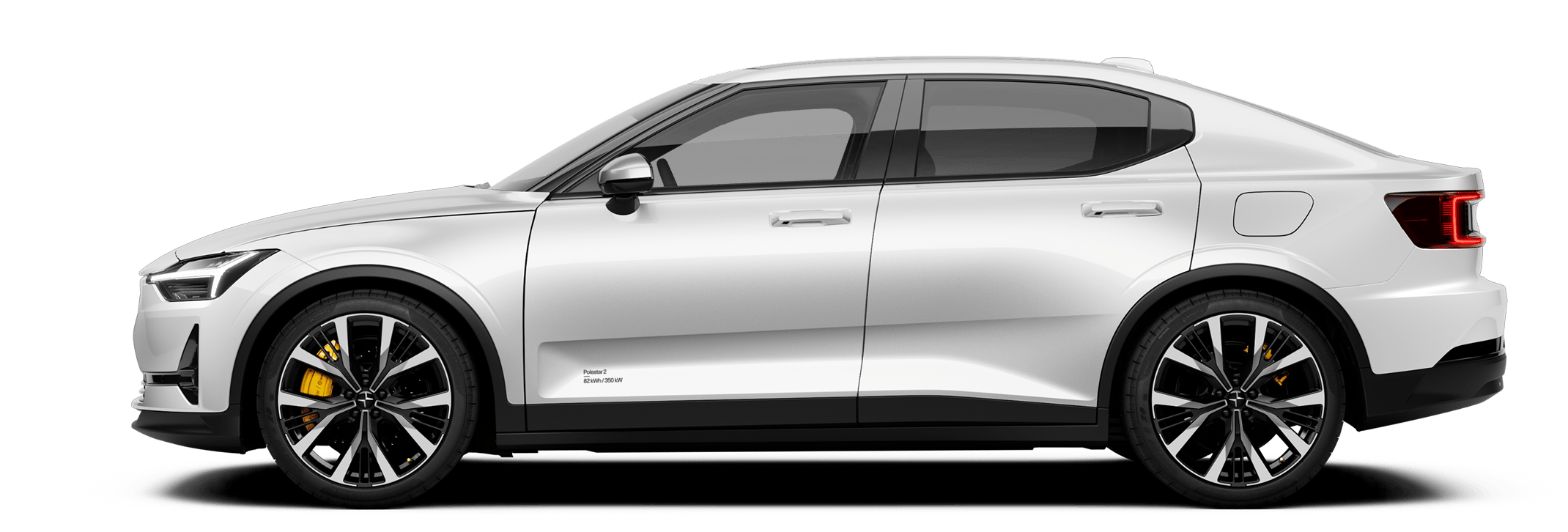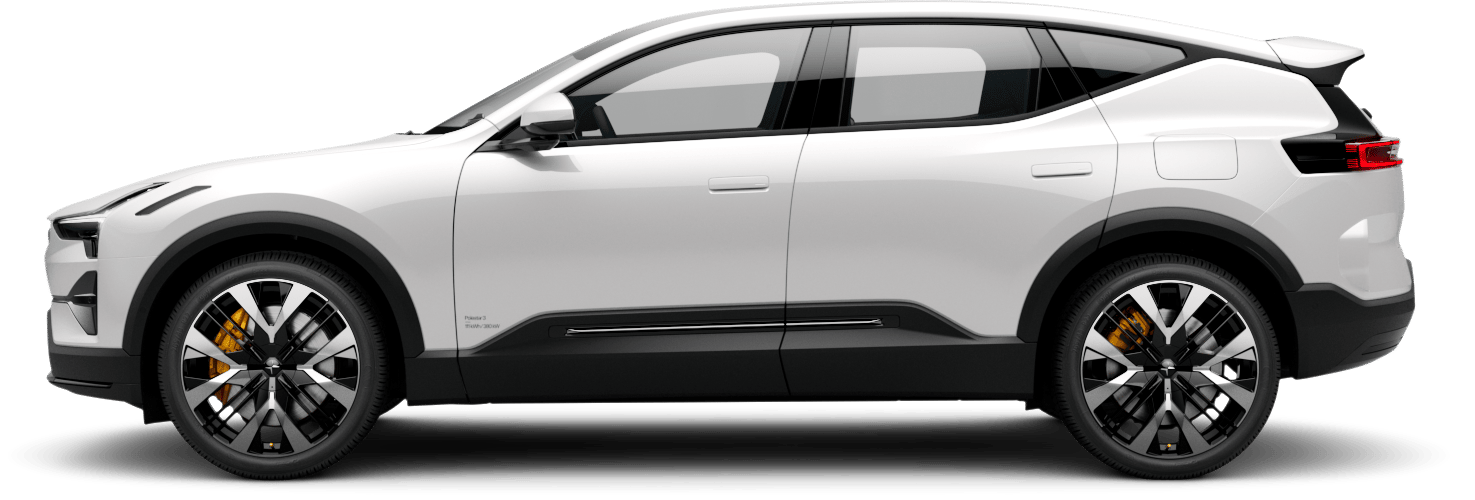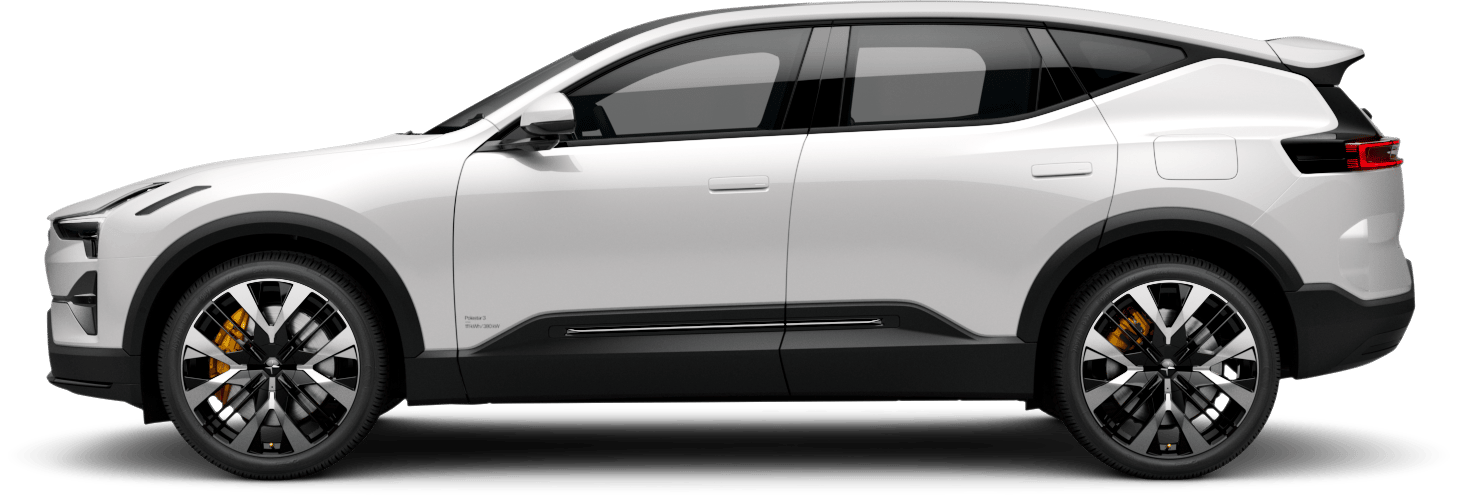Commonalities and challenges: the search for more sustainable materials
At first glance, an electric car company and an artist may not have much in common. One produces on an enormous scale, the other creates unique pieces. One has facilities and offices in multiple countries, the other has a canal-side studio. But beyond these initial differences lie deeper similarities. A dedication to a cleaner future. An awareness of the need to act now. And an insistence on using the most sustainable solutions possible. It’s precisely these shared values that made the pairing between ourselves and Thijs Biersteker so natural.

When you're creating artwork that talks about environmental impact, you have to create something that doesn't impact the world itself too much.
This collaboration led to more than a fascinating art installation. It led to the development of new, more sustainable material combinations. These combinations can be found in both the art itself and have the potential for implementation in future Polestar cars.
The team behind the development of the piece, consisting of Biersteker’s Woven Studio and Polestar’s UK R&D facility, pursued multiple options when it came to the materials. First was the use of Bcomp powerRibs™, together with a natural fibre and polypropylene (NFPP) board, the same flax-based composite material used to great effect in Polestar Precept.
It was at this point that another similarity between company and artist emerged: the challenge of finding sustainable materials. Most natural fibre-based products, including the powerRibs™ found in Precept, make us of fossil fuel-based polypropylene resin as an adhesive. Wholly unsuitable for a piece symbolising the need for renewable energy and a cleaner future.
“When you're creating artwork that talks about environmental impact, you have to create something that doesn't impact the world itself too much,” says Biersteker.

01/03
“The We Harvest Wind collaboration enabled Woven Studio and Polestar to join forces and explore new combinations of materials using bio-based polymers instead of traditional fossil fuel-based materials. This collaboration has kick-started several initiatives within the team at Polestar and cemented some ongoing studies we have with Bcomp. Now our aim is to implement bio-based natural fibre composite solutions, including powerRibs™, in the future production of Polestar cars,” says Ross Kelk, Chief Engineer of Interiors at Polestar UK R&D.
Sustainability brings together unlikely partners. And through sharing the challenges, like finding sustainable materials for both art and automotive, we can also share the progress.










